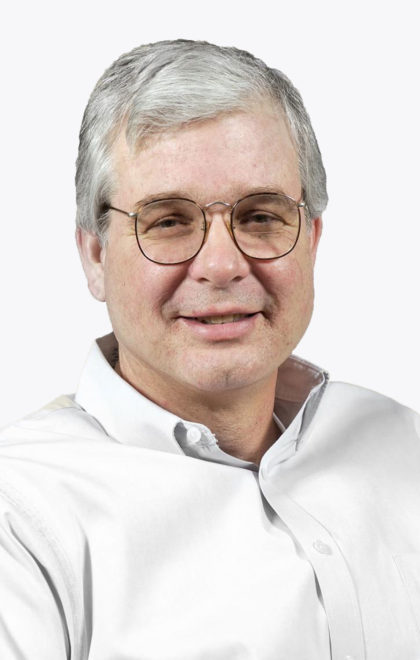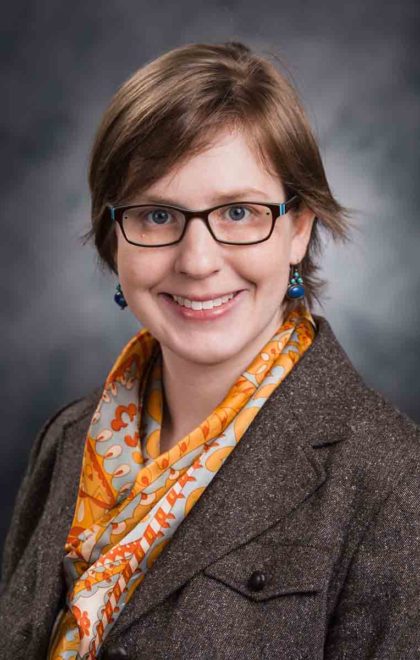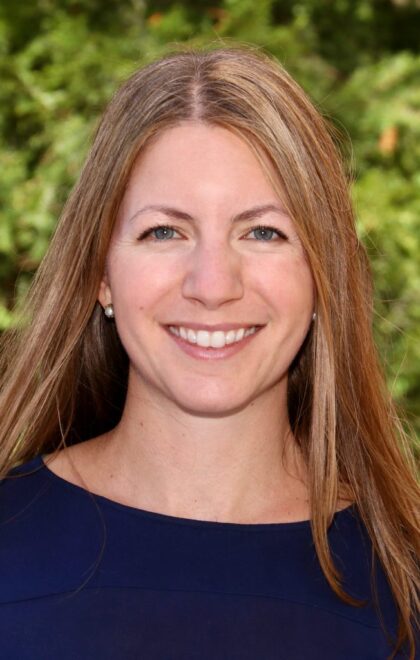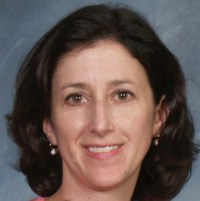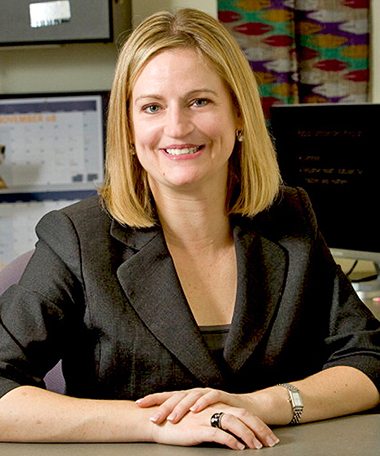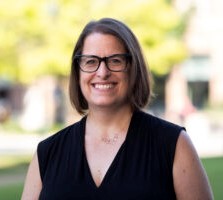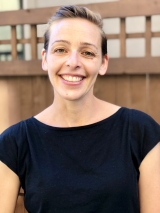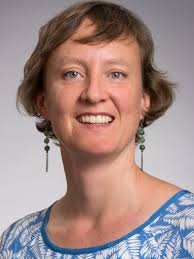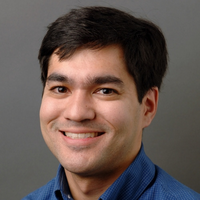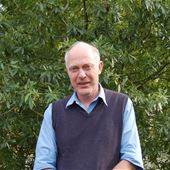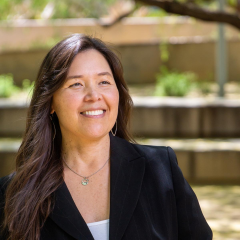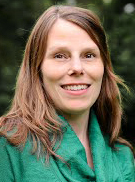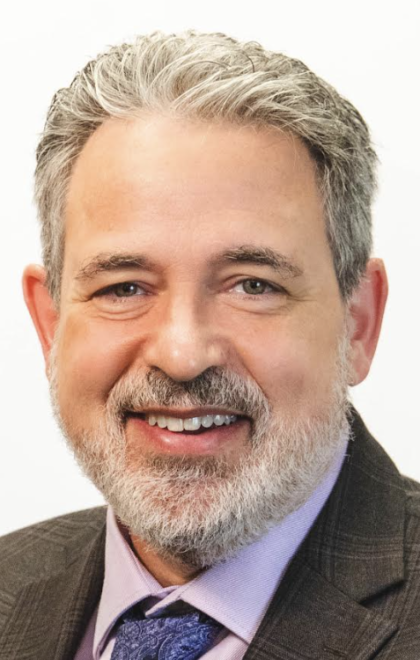Prof. Dr. Abigail York
Professor and Director of Graduate Studies
School of Human Evolution and Social Change, Arizona State University, USA
Julie Ann Wrigley Global Futures Laboratory, Arizona State University, USA Professor
Earth System Science for the Anthropocene, Arizona State University, USA The Melikan Center: Russian, Eurasian and Eastern Euopean Studies, Arizona State University, USA
Prof. Dr. Arland Thornton
Research Professor
Survey Research/Population Studies, University of Michigan, USA
Department of Sociology, University of Michigan, USA
Prof. Dr. Brian Rowan
Burke A. Hinsdale Collegiate Professor in Education
University of Michigan,USA
University of Michigan, USA Research Professor
Survey Research Center, Institute for Social Research, University of Michigan, USA
Prof. Dr. Emily McKendry-Smith
Associate Professor
Department of Sociology, University of West Georgia, USA
University of West Georgia, USA
Dr. Emily Treleaven
Research Assistant Professor
Survey Research Center, Institute for Social Research, University of Michigan, USA
Population Studies Center, Institute for Social Research, University of Michigan, USA
Prof. Dr. Jennifer Glick
Arnold S. and Bette G. Hoffman Professor in Sociology
Pennsylvania State University, USA
Population Research Institute, Pennsylvania State University, USA
Prof. Dr. Jennifer S. Barber
Professor
Department of Sociology, Indiana University, USA
Senior Scientist
Kinsey Institute, Indiana University, USA
Prof. Dr. Li An
Professor
Department of Geography, San Diego State University, USA
Center for Complex Human-Environment Systems (CHES), San Diego State University, USA
Prof. Dr. Lisa D. Pearce
Zachary Taylor Smith Distinguished Term Professor
Director of Undergraduate Studies
Department of Sociology, University of North Carolina at Chapel Hill, USA
Population Science Training Program Director
Carolina Population Center, University of North Carolina at Chapel Hill, USA
Dr. Michael N. Bates
Research Professor, Emeritus
Epidemiology and Environmental Health Sciences, School of Public Health, University of California, Berkeley, USA
School of Public Health, University of California, Berkeley, USA
Prof. Dr. Natalie D. Eggum
Associate Professor
T. Denny Sanford School of Social and Family Dynamics, Arizona State University, USA
The ECLiPSE Lab, Arizona State University, USA Coordinator
The Sanford School's Quantitative Methodology Group
Prof. Dr. Nathalie Williams
Associate Professor
The Henry M. Jackson School of International Studies and Department of Sociology, University of Washington, USA
Department of Global Health and Law School, University of Washington, USA Associate Director
Jackson School of International Studies, University of Washington, USA Associate Chair
Department of Sociology, University of Washington, USA
Dr Nicholas Nash
Research Fellow
Department of Psychology, University of Bath, UK
Prof. Dr. Sarah Brauner-Otto
Associate Professor
Department of Sociology, McGill University, Canada
Centre on Population Dynamics, McGill University, Canada
Prof. Dr. Sarah R. Hayford
Professor
Department of Sociology, Ohio State University
Institute for Population Research, Ohio State University Communication Core Lead
Ohio Policy Evaluation Network, USA
Prof. Dr. Scott T. Yabiku
Professor, Sociology and Demography
Department of Sociology and Criminology, Pennsylvania State University, USA
Population Research Institute, Pennsylvania State University, USA Programming Director
Computational and Spatial Analysis (CSA) Core, Pennsylvania State University, USA
Dr. Sean T. Murphy
Global Scientific Advisor, IPM and Modelling
Centre for Agriculture and Bioscience International (CABI), UK
Prof. Dr. Sharon J. Hall
President's Professor and Associate Dean
School of Life Sciences, Arizona State University
College of Global Futures Leadership, Arizona State University Senior Global Futures Scientist
Global Futures Scientists and Scholars, USA
Prof. Dr. Rebecca L. Thornton
Professor
Hankamer School of Business, Baylor University, USA
Prof. Dr. William G. Axinn
Professor
Gerald R. Ford School of Public Policy, University of Michigan, USA
Program in Society, Population, and the Environment, Institute for Social Research, University of Michigan, USA Population and Ecology Research Laboratory-Nepal Research Professor
Population Studies Center and Survey Research Center, University of Michigan, USA Faculty Member
Center for South and Southeast Asian Studies, University of Michigan, USA



